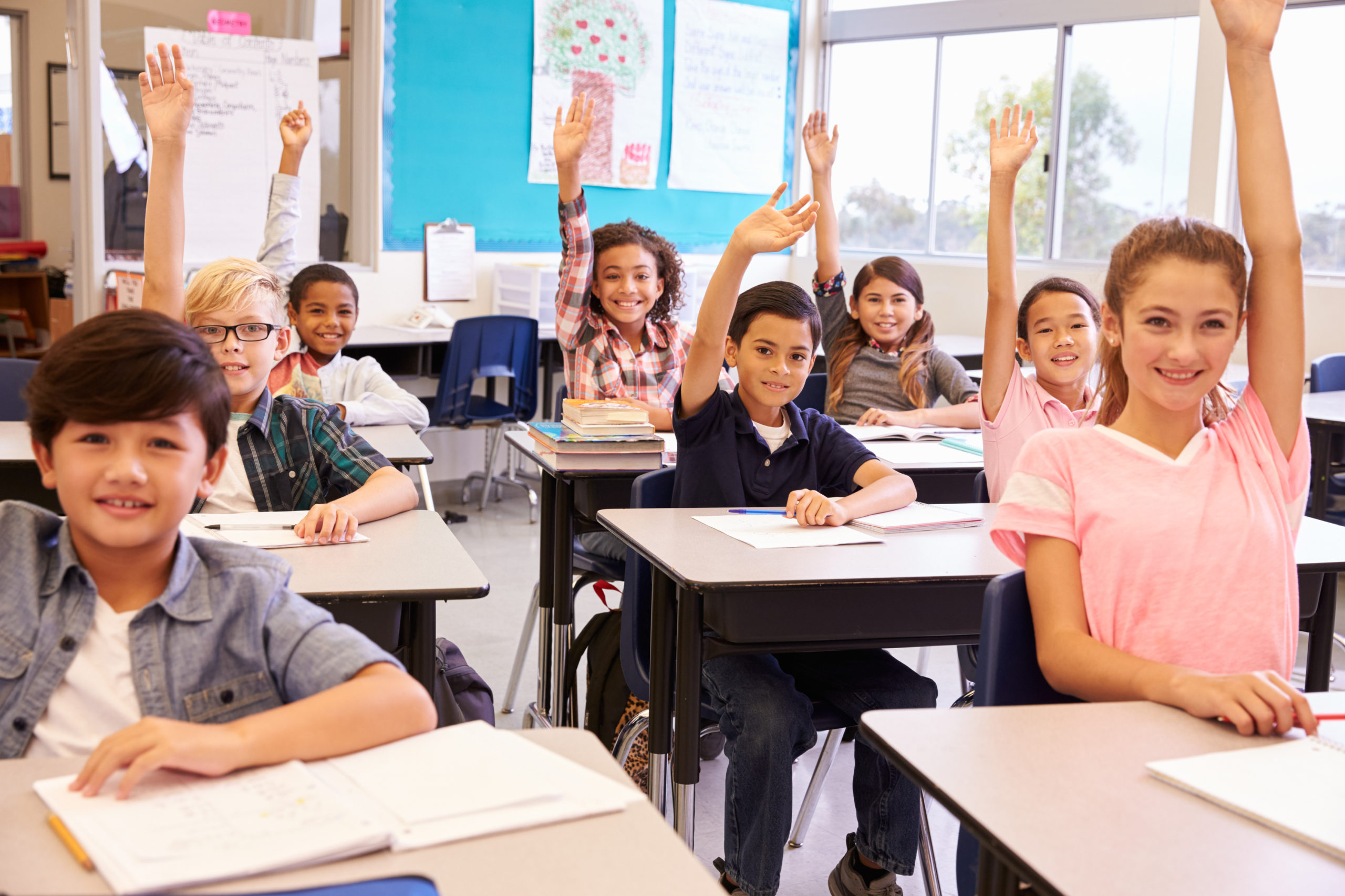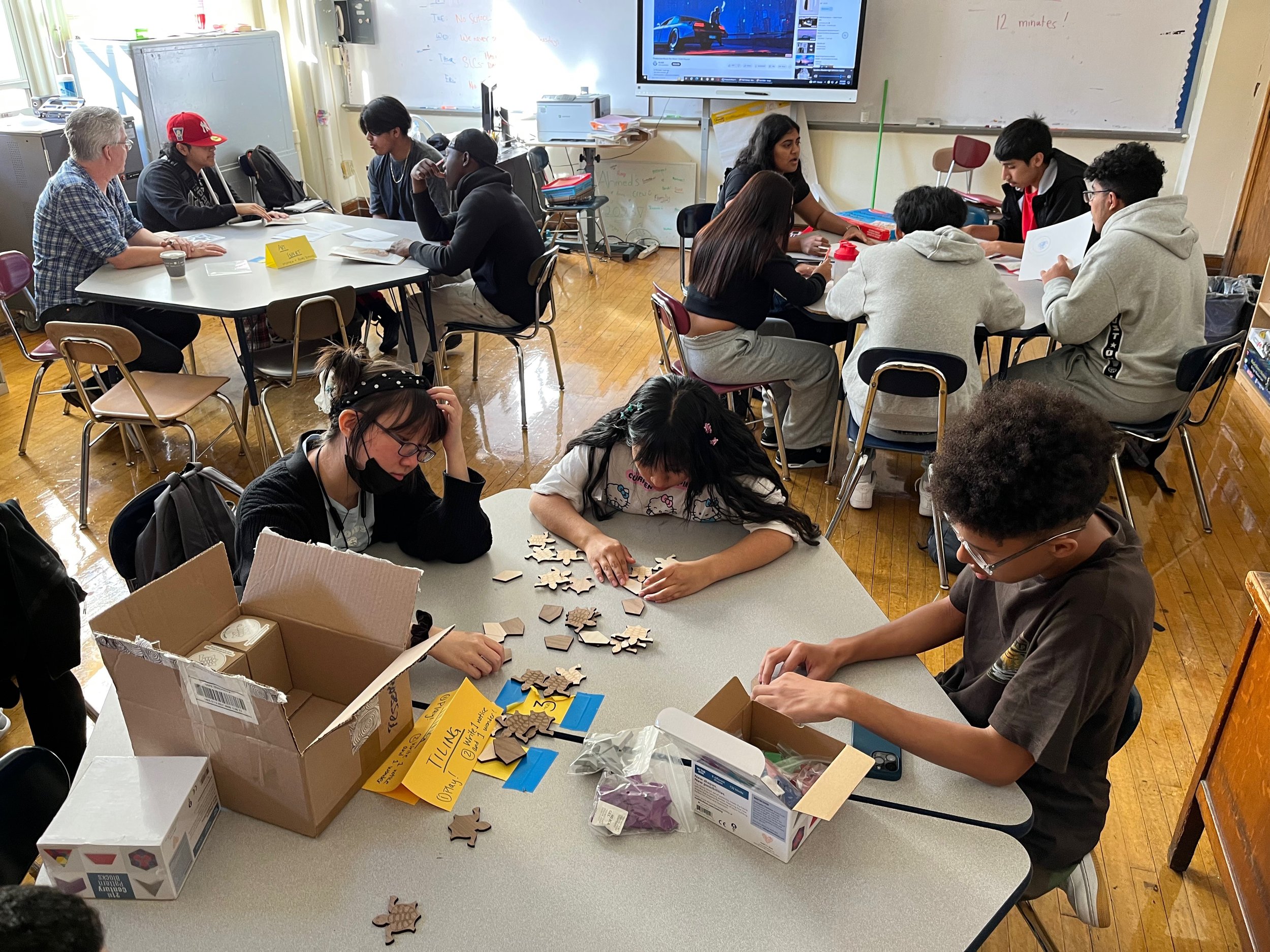Join the Activity to Save Temecula Schools: Community Activity Needed!
Join the Activity to Save Temecula Schools: Community Activity Needed!
Blog Article
The Impact of Institution Environments on Academic Success and Personal Wellness
The college atmosphere considerably affects both scholastic success and individual health, including components such as physical design, classroom atmosphere, and interpersonal characteristics. The layout of academic spaces, consisting of natural illumination and ergonomic furniture, can improve trainees' focus and comfort. The high quality of teacher-student relationships and the nature of peer communications play essential roles in promoting an ambience conducive to finding out and psychological support. Recognizing just how these various aspects interplay to shape student results increases important inquiries about enhancing educational setups for holistic advancement. Just how can colleges purposefully improve these aspects to better sustain their trainees?
Physical Design and Layout
Exactly how does the physical design and layout of an institution influence scholastic success? The setup and aesthetic of a school environment can significantly affect students' learning results.
Natural lights and effective ventilation systems are critical in boosting cognitive function and minimizing absence. Studies have actually revealed that class with adequate all-natural light improve student concentration and minimize feelings of sleepiness. Furthermore, ergonomic furnishings customized to students' demands can avoid physical discomfort, enabling for prolonged emphasis and interaction in scholastic tasks.
Access to outside areas and cosmetically pleasing environments also play an essential function - Save Temecula Schools. Green areas and well-maintained institution premises give opportunities for physical workout and psychological leisure, both of which are essential for maintaining high levels of academic efficiency. In significance, an attentively created physical environment can work as a driver for scholastic excellence, fostering an ambience that supports both mentor and learning
Class Atmosphere
A favorable classroom environment is basic to achieving scholastic success. An atmosphere that fosters a feeling of safety and security, inclusivity, and mutual regard encourages students to involve more proactively in their knowing processes. The atmosphere of a classroom, including elements such as lights, noise levels, and seating plans, can significantly affect pupil concentration and motivation. A well-ventilated, well-lit classroom with marginal distractions can boost cognitive feature and minimize tension, thus promoting much better scholastic outcomes.
Furthermore, the classroom environment ought to sustain a society of cooperation and open interaction. When students feel comfortable sharing their ideas and asking concerns, they are much more likely to involve deeply with the product and establish crucial believing abilities - Save Temecula Schools. Peer interactions and group tasks can boost learning by providing varied perspectives and cultivating team effort
In addition, establishing consistent regimens and clear expectations can produce an organized environment that enables pupils to concentrate on their studies. By minimizing unpredictability and offering a foreseeable framework, trainees can much better handle their time and obligations. Inevitably, a positive classroom environment not only enhances academic performance but likewise adds to the total health of trainees, preparing them for future academic and individual undertakings.
Teacher-Student Relationships
Structure on the relevance of a positive classroom environment, the relationships in between teachers and trainees play an essential role fit scholastic success. A healthy and balanced teacher-student relationship fosters a discovering atmosphere where trainees feel valued, understood, and sustained, which substantially enhances their inspiration and involvement. When students perceive their educators as friendly and understanding, they are more probable to get involved proactively in class and look for aid when needed, adding to a much deeper understanding of the subject matter.

Reliable interaction is essential to supporting these relationships. Teachers that use open, respectful, and consistent communication produce a foundation of trust. This depend on allows pupils to express their problems and ideas easily, promoting a collaborative knowing setting. Fundamentally, strong teacher-student partnerships are a foundation of instructional success, playing a critical function in both academic success and personal growth.
Peer Communications
Peer communications dramatically affect academic success by forming a trainee's cognitive and social growth. Within the school setting, peer partnerships offer as a foundational go element for learning and individual development. Favorable peer communications can enhance a pupil's motivation and involvement in scholastic tasks through collective discovering and shared assistance. When students collaborate in team settings, they exchange ideas, address problems collectively, and develop vital believing skills. Such communications promote a feeling of belonging and area, which is vital for psychological health and scholastic determination.

Effective peer interactions likewise contribute to the advancement of important life skills, such as teamwork, conflict, and communication resolution. These social expertises are important for both academic success and personal wellness, underscoring the significance of cultivating positive peer characteristics within the college atmosphere.
Extracurricular Activities
Involving in extracurricular activities plays an essential function in a student's academic success and personal growth. Research study regularly indicates that students that participate in extracurricular activities tend to achieve greater Homepage scholastic efficiency.
Moreover, extracurricular participation cultivates a sense of belonging and area, which is crucial for individual well-being. Joining group activities allows trainees to develop and reinforce socials media, improving their social and psychological intelligence. These interactions are vital for establishing social skills that are beneficial in both future and academic expert environments.
In addition, extracurricular activities provide a useful electrical outlet for pupils to discover their rate of interests and enthusiasms beyond the standard curriculum. This expedition can bring about the exploration of brand-new skills and prospective occupation courses, additionally inspiring trainees to engage more deeply in their academic job. Finally, the role of after-school activities extends past mere recreation; they are indispensable to promoting a holistic academic experience that promotes both academic success and individual development.
Final Thought
Thoughtfully developed physical designs and class, along with favorable teacher-student connections and constructive peer communications, considerably improve student motivation and engagement. These aspects collectively underscore the value of developing and maintaining optimum institution environments for the benefit of trainees' individual and academic development.
Inevitably, a favorable class environment not only boosts academic efficiency yet also adds to the total well-being of pupils, preparing them for future instructional and individual ventures.

Report this page